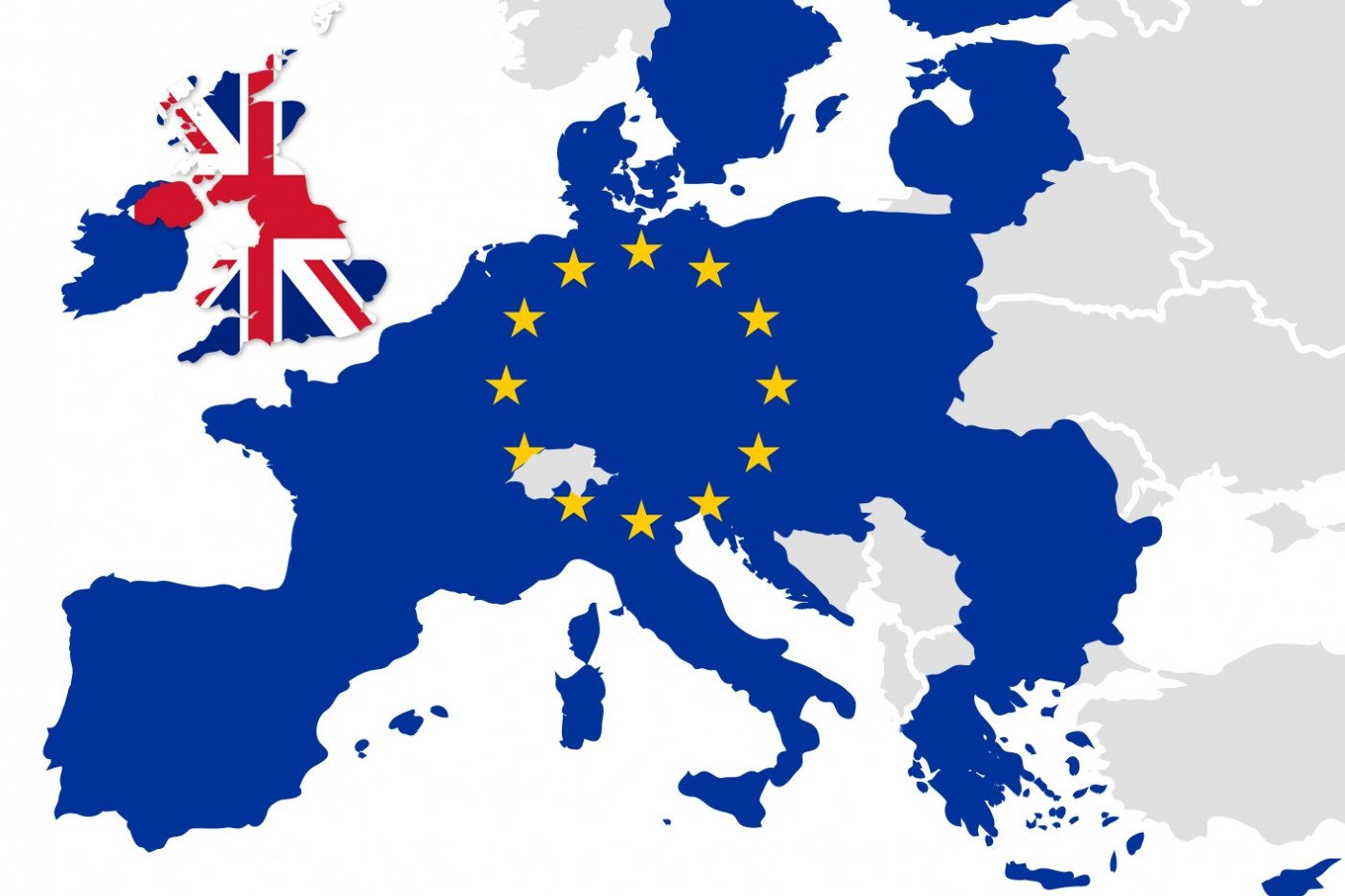
Ian Taylor reports on a move that is likely to have significant implications for travel along with an e-commerce anti-trust investigation
Digital: EC prioritises single market for the sale of goods and services
The European Commission plans a rapid push towards a digital single market in Europe as it lowers barriers to cross-border selling.
The EC announced a series of moves for completion “by the end of 2016” as it made a single market in the sale of digital goods and services “a top priority” and launched an e-commerce antitrust competition inquiry.
The commission said: “The aim is to tear down regulatory walls and move from 28 national markets to a single one.”
The move to a single digital market is acknowledged in the new Package Travel Directive (PTD), which will shift the regulation of financial protection for holidays from the country of sale to the member state where a travel organiser is established.
The council and parliament of Europe have agreed the final text of the directive and it should be published this week. The proposals will bring cross-border business opportunities but bring new entrants to the UK market and pose difficulties to regulators.
Günther Oettinger, European commissioner for the digital economy, pledged the proposals would “balance the interests of consumers and industry”.
EC president Jean-Claude Juncker said: “I want to see every consumer getting the best deals and every business accessing the widest market, wherever they are in Europe.”
EC plans include harmonising consumer protection and contract rules across Europe and ending the online practice of‘geo‑blocking’.
The commission identified car rental companies as a target, noting that, at present, “car rental customers in one member state may end up paying more for an identical car rental in the same destination” as customers in another state.
The EC pledged to reduce the VAT burden on businesses from different tax regimes.
It noted that small businesses trading in another EU country faced VAT compliance costs of at least €5,000 a year.
It is unclear how this might affect VAT arrangements in the UK, where aspects of the Tour Operators’ Margin Scheme do not comply with current EU rules on VAT.
The EC also promised to investigate online platforms and the transparency of search results and pricing.
Antitrust: Inquiry probes firms' online barriers
An EC antitrust competition inquiry into the e-commerce sector is now under way, having been announced in March.
The inquiry will focus on “barriers erected by companies to cross-border online trade in goods and services where e-commerce is most widespread”.
This seems likely to include travel. The EC identifies the barriers as including “contractual restrictions in distribution agreements” that prevent retailers selling goods or services to customers in other EU countries.
The commission said it would investigate “restrictive business practices and abuse of dominant market positions”.
Competition commissioner Margrethe Vestager said: “European citizens face too many barriers to accessing goods and services online across borders. Some of these are put in place by companies themselves.
“My aim is to determine how widespread these barriers are and what effects they have on competition and consumers.
“We will not hesitate to take enforcement action under EU antitrust rules.”
EC's digital plans
- Ease cross-border e-commerce and harmonise rules on consumer protection and contracts.
- Enforce consumer rules “more rapidly and consistently” across Europe.
- End ‘geo-blocking’ – “a discriminatory practice, when online sellers deny consumers access to a website based on their location or reroute them to a local store with different prices”. The EC says geo-blocking is “typical for the internet economy” and argues: “In the majority of cases, it is not justified.”
- Reduce the administrative burden of different VAT regimes across Europe.
- Examine the market role of online platforms (search engines, social media, app stores), including “non-transparency of search results and pricing policies, relationships between platforms and suppliers, and promotion of their own services to the disadvantage of competitors”.
- Reinforce trust and security in digital services “concerning the handling of personal data”. It notes 72% of EU internet users “worry they are asked for too much personal data”.
- Complete an anti-trust competition inquiry into the e-commerce sector.

